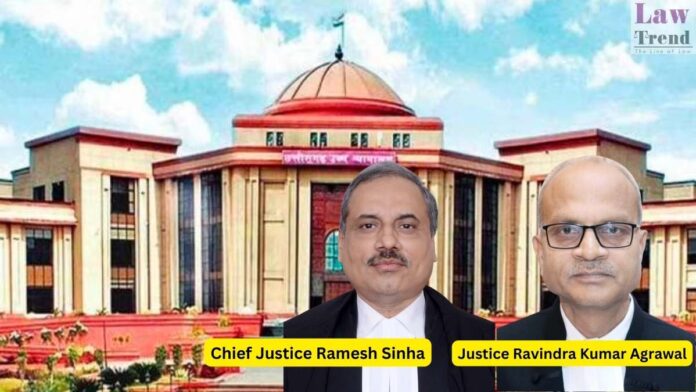In a significant ruling, the Chhattisgarh High Court has declared Rule 4(1)(d)(i) of the Chhattisgarh Ayush Graduate Course Admission Rules, 2023, as ultra vires, stating that the fixation of a 50% domicile quota for local students in unaided minority institutions violates constitutional rights. The case was brought before the court by Mahaveer College of Ayurvedic
To Read More Please Subscribe to VIP Membership for Unlimited Access to All the Articles, Download Available Copies of Judgments/Order, Acess to Central/State Bare Acts, Advertisement Free Content, Access to More than 4000 Legal Drafts( Readymade Editable Formats of Suits, Petitions, Writs, Legal Notices, Divorce Petitions, 138 Notices, Bail Applications etc.) in Hindi and English.




